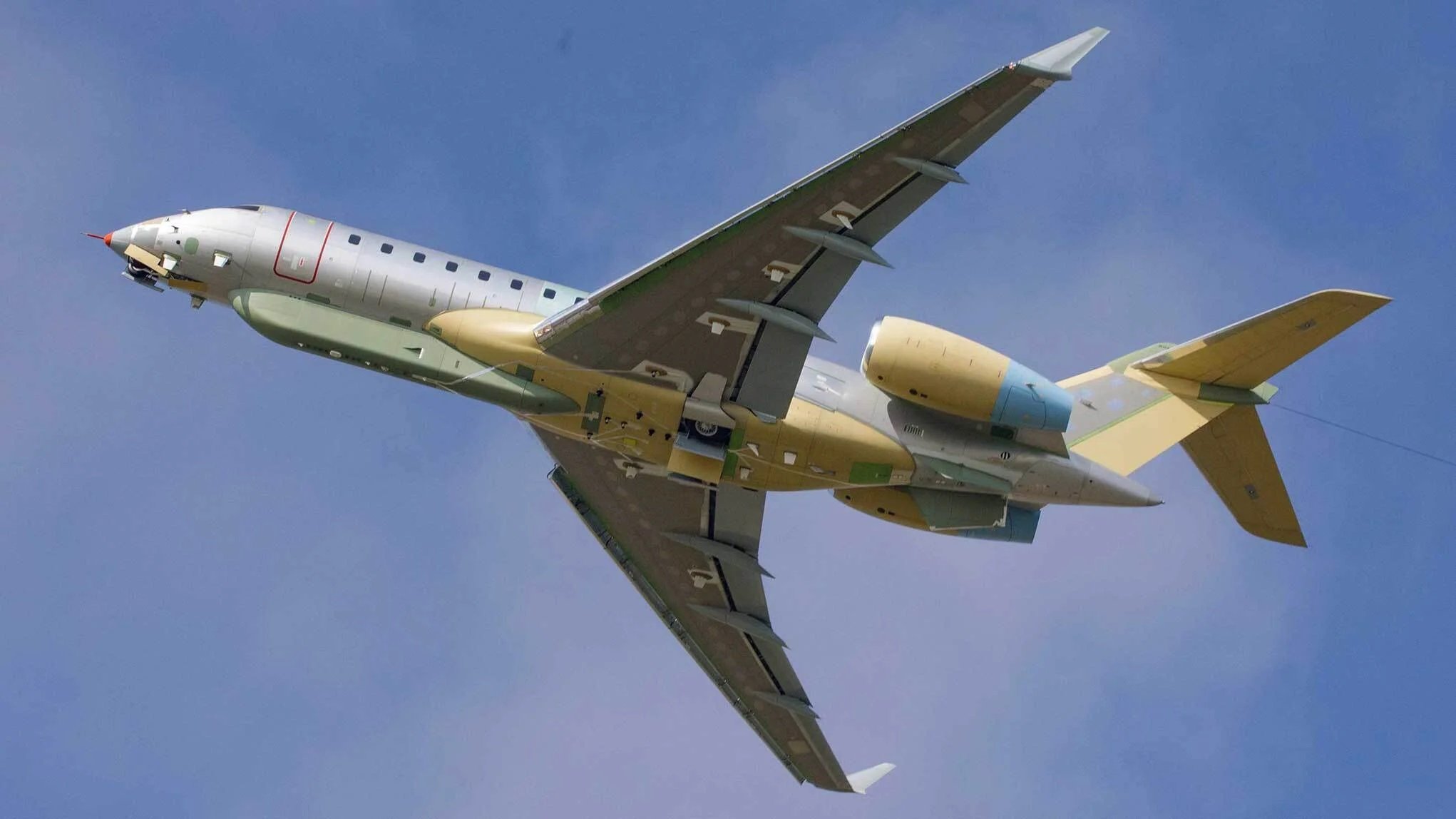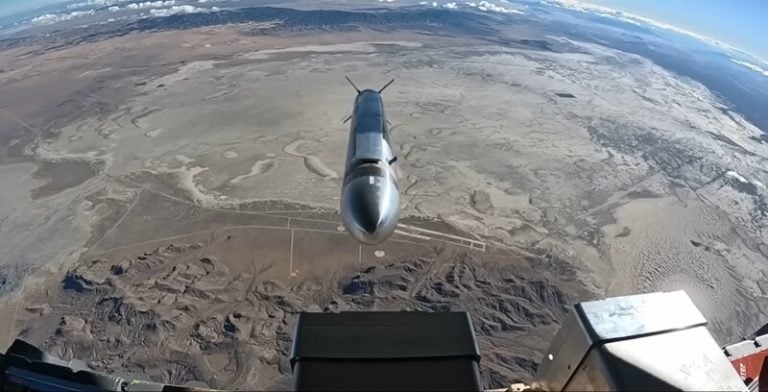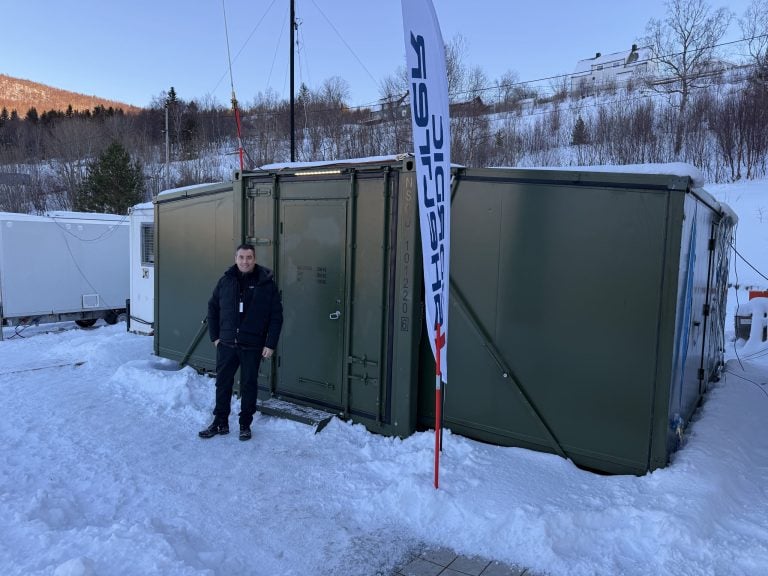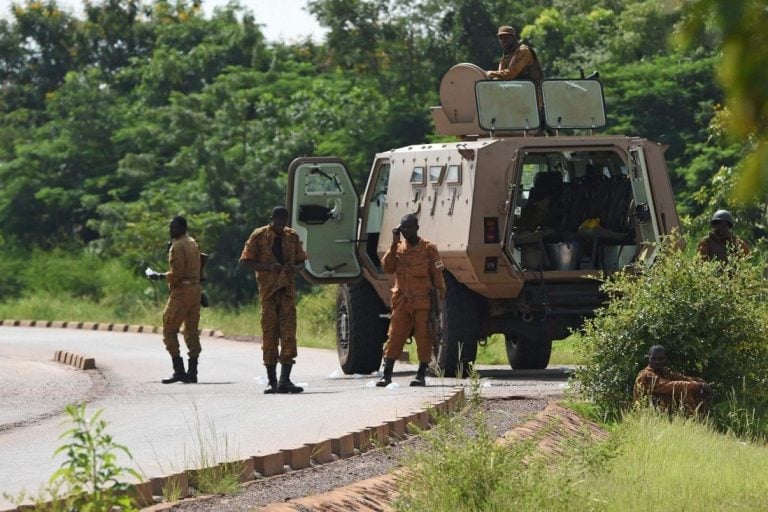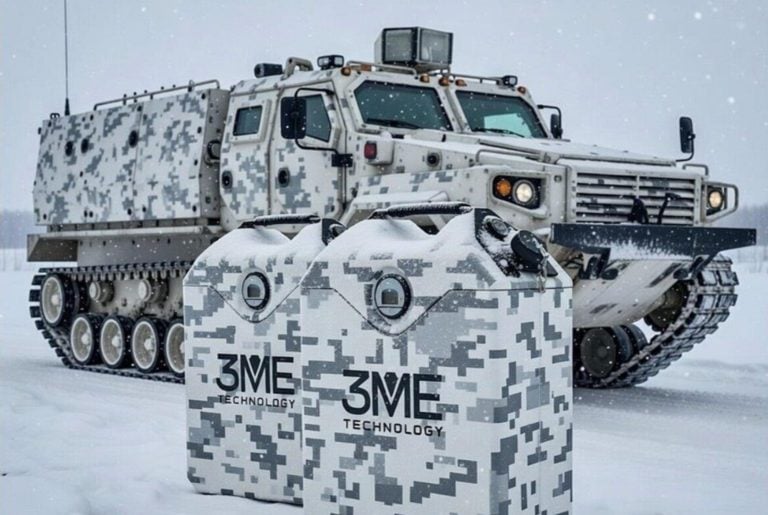The U.S. Army has initiated a significant phase in its surveillance capabilities by deploying the first prototype of the ATHENA-R aircraft to South Korea for critical operational assessments. This state-of-the-art spy plane, which is a modified version of Bombardier’s Global 6500 business jet, is set to undergo an intensive four-month testing program aimed at verifying its operational readiness.
Andrew Evans, the director of the Army’s Intelligence, Surveillance, and Reconnaissance (ISR) Task Force, emphasized the importance of this deployment, stating that the testing will help identify potential issues with the ATHENA-R and facilitate necessary adjustments. “This will be an ongoing and iterative operational assessment with the goal of having those fixes complete in the coming months and then being in a sustainable place here by May or June,” Evans shared during an interview with Breaking Defense. The operational testing is slated to commence next week.
The ATHENA-R aircraft, designated N291SR SCRUM06, has recently arrived at Camp Humphreys in South Korea after its journey from Greenville, Texas, signifying a strategic move to bolster the Army’s surveillance capabilities in the region. This deployment marks a considerable step in enhancing the Army’s Intelligence, Surveillance, and Reconnaissance operations.
The ATHENA program itself was initiated in August 2023, when the U.S. Army partnered with MAG Aerospace and L3Harris to produce two advanced ISR aircraft under the Army Theater-Level, High-Altitude Expeditionary Next Airborne ISR-Radar (ATHENA-R) initiative. Designed to fill the operational gap between medium- and high-altitude ISR platforms, these aircraft promise to deliver increased endurance, extended standoff ranges, and enhanced payload capacity for complex ISR missions.
Just two months after the initial production contract was awarded, the Army selected Sierra Nevada Corporation to develop the “S” (Sensor) variant of the ATHENA spy plane. This selection followed a competitive evaluation, where the Sierra Nevada Corporation’s proposal featuring its modified Rapcon-X platform, incorporated with an advanced suite of signals intelligence systems, sensors, and radars, was deemed superior.
As the U.S. Army proceeds with the ATHENA-R prototype testing, the outcomes of this project could significantly influence the Army’s operational effectiveness and strategic capabilities in military intelligence and surveillance.
